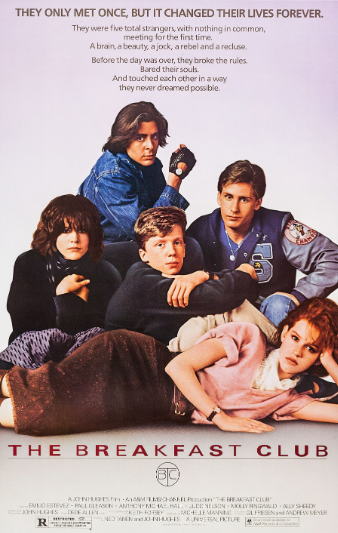
First released in theaters on Feb. 15, 1985, the iconic John Hughes film “The Breakfast Club,” is turning 40-years-old this weekend. The renowned film follows a group of five teenagers, all of different backgrounds and social groups bonded through a Saturday detention and a newfound perspective.
Through their bickering, they learn a sense of compassion and empathy as they listen to each other’s lives. It’s a realistic take on how one may never understand the world of others when not knowing them, and the hateful perception one may have due to stereotypes and assumptions.
The first time I watched it I was in middle school, and I did not get it, and frankly I thought it was completely overrated. Now, as a senior in high school, I feel I have new appreciation for this movie.
The film has its definite faults as it is very clearly made in a different world than our current one. The film’s use of then normalized slurs, the glorification of drug use, instances of sexual harassment and more are some of the prominent examples of these faults.
Though being problematic in ways that should be taken into account when reviewing, the film also showed viewers that no one truly knows what another is going through, a lesson that seems to be continuously forgotten.
It explores the stereotypes and cliches that one thinks about when watching these movies, with one of the characters writing;
“You see us as you want to see us, in the simplest terms with the most convenient definitions. But what we found out is that each one of us is a brain, and an athlete, and a basket case, a princess, and a criminal,” in a letter to their uptight principal.
Furthermore, the movie tackled on taboo subjects that were not as normally discussed as today and continue to be shunned at times, some of which included generational trauma, abuse, neglect, suicidal thoughts, mental health and more.
The film examines the pressures that teenagers are often subjected to during their time in high school, especially from parents, as well as the feeling of misunderstanding both with adults and among themselves.
It left me with a feeling of overall empathy and compassion, seeing as some people I know in real life I can see characteristics of the characters in the film- and although circumstances can be different, the idea of walking in someone else’s shoes is a lesson I think no one is ever too young nor too old to learn/ relearn.
“The Breakfast Club” is problematic, of its time and exaggerated at times, but it is also raw, a commentary on teenagers’ often overlooked problems and a comfort movie to many teens- including myself.
“The Breakfast Club” is, just as the quote above states- a film full of stereotypes realizing that these ideas should not define them, just as one’s stereotypes should not defy them.
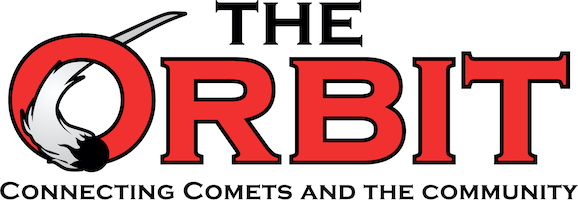

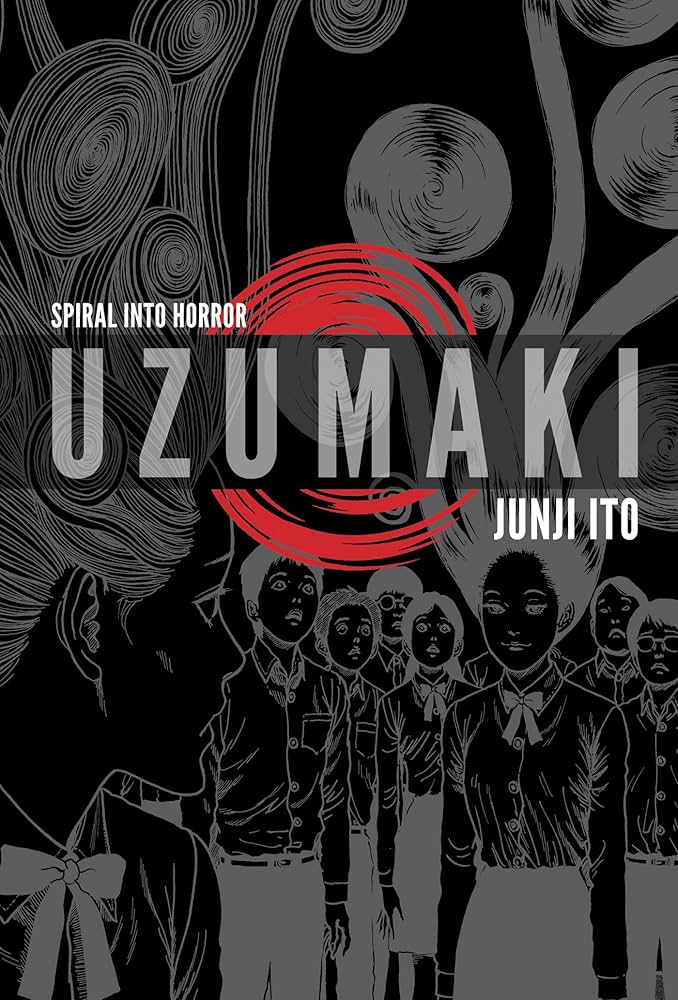
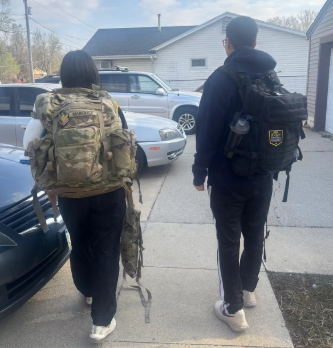
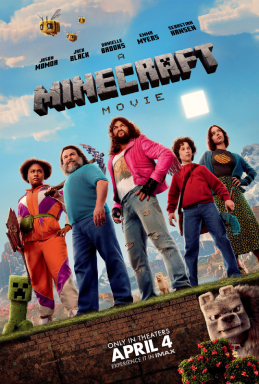
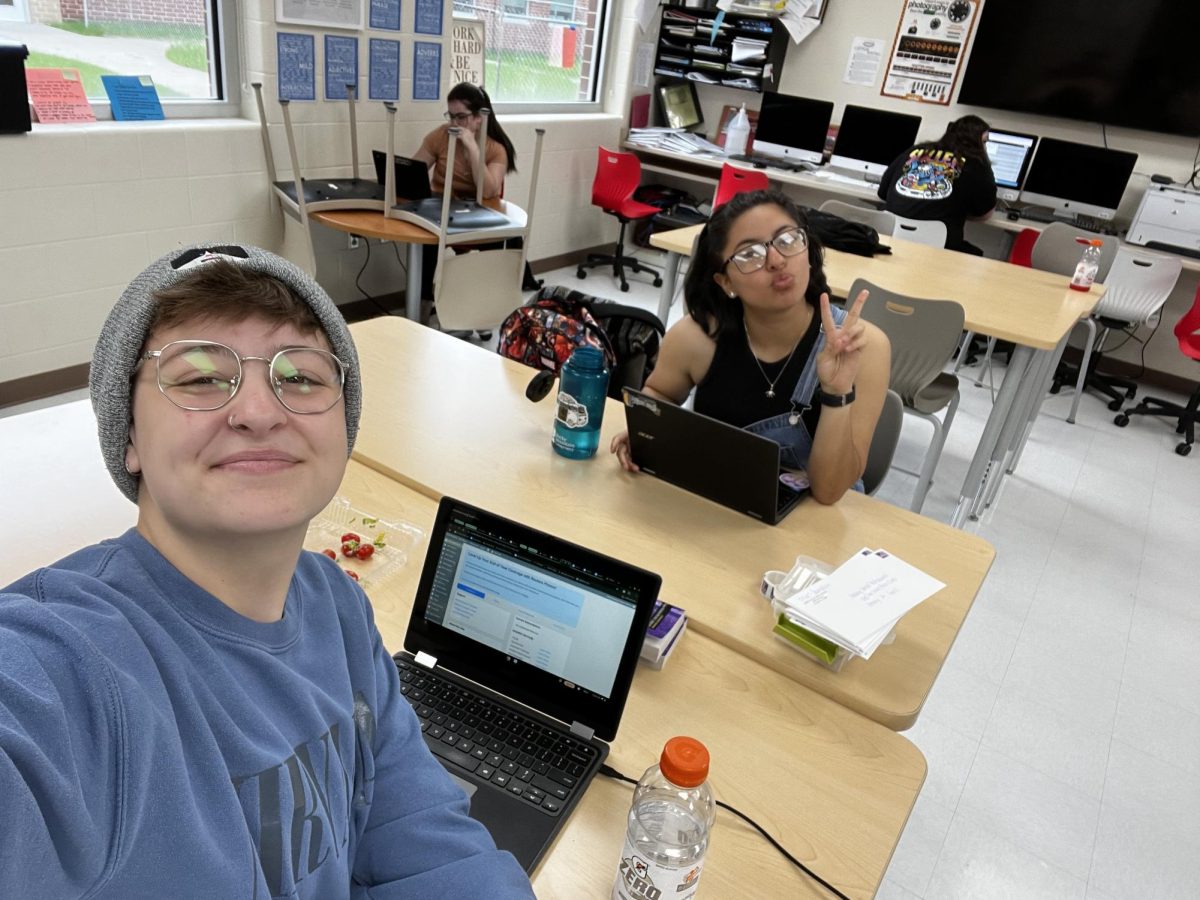


Thomas Burns • Feb 12, 2025 at 3:06 pm
As a person who was in highschool when this film originally came out, I can affirm that it wasn’t “over the top” at all for the time.
This WAS my highschool experience. And as someone who’s social circles overlapped with every demographic represented I can tell you that it’s scary accurate.
I am thankful that subsequent generations have learned that several of the commonplace attitudes in the film are inappropriate for a society that recognizes the value of diversity, the importance of treating one another as equal, and the necessity of inclusivity where isolation only breeds ignorance and frustration.
Sadly too many people are afraid to wake up and acknowledge these facts which may lead us to regress back to the social norms these five young people raged against during their time in detention.
Screws fall out all the time. It’s an imperfect world.
Zoe Marquez • Feb 14, 2025 at 12:19 pm
Thomas, thank you so much for this insight! As a high school senior, having an experience like this would only ever be a thought and never a reality. It is really interesting seeing the development of high school life and atmosphere from a first hand perspective. I definitely agree with your take, as sometimes even I go back to stereotypes and therefore not branching out, something that I progressively try to fight against. Thank you for reading!